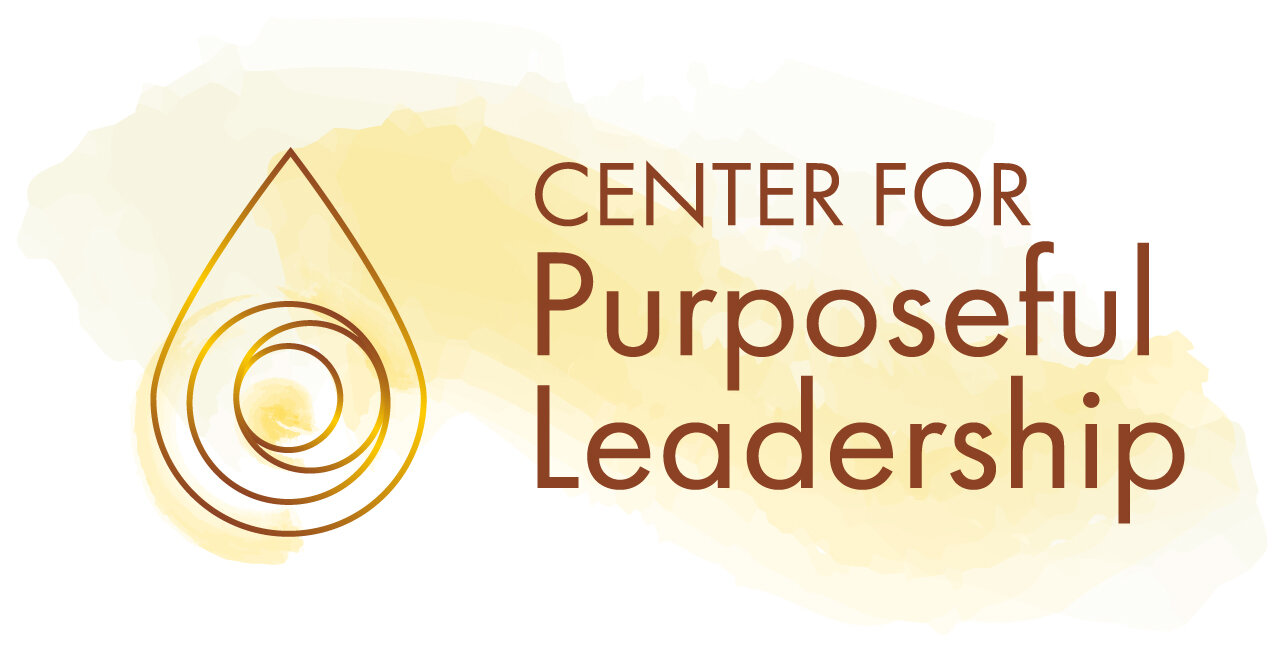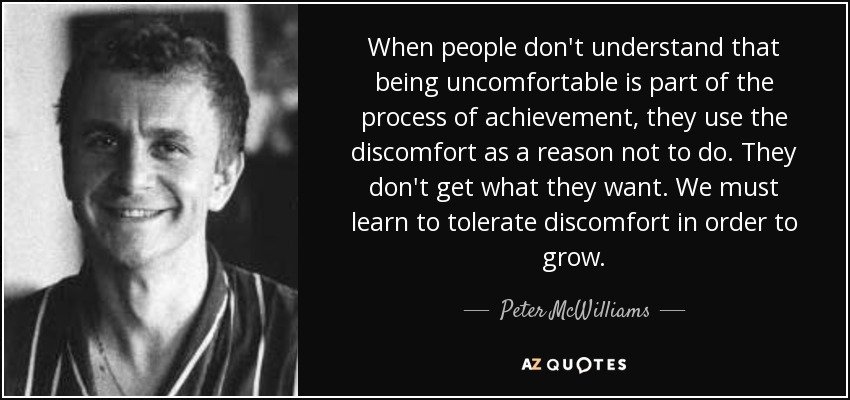Planning and Convening the Ultimate Dinner Party
/Experiencing discomfort is often a sign of growth and progress. It is a valuable opportunity to improve and become a better person.
By Lily Jones, with Patricia Neal
Last week, on Valentine’s Day, Richard Leider shared with us some of his tips and techniques of Convening the Ultimate Dinner Party. This included a 2-minute practice that can be completed each day which gives us the space to grow and give.
2-Minute Morning Practice:
Wake up and before doing anything else, pause.
Take 3 deep breaths
Ask yourself, “Where can I make a difference in someone else’s life”
This week we expand on the inspiration from last week when Richard Leider presented his vision for the Ultimate Dinner Party. Last Monday we heard about Richard Leider's inspiration for the Ultimate dinner party: He shared the recipe GQ + GP + GF = P F
Good Questions + Good People + Good Food = Purpose-Full - a gathering that helps you feel filled and fulfilled. This can be a positive response that we all can do - during times of disruption.
Today we went deeper into the exploration of Great Questions and helped develop questions that we may ask when Planning and Convening our own ultimate Dinner Party. During Wisdom Circles, we asked members to come up with questions on four topic areas and with a room that was given to each.
The Inner life: Coffee shop/café
Relationships: Meet on the front porch for wine and cheese
Organizations: Cafeteria
Environment: Picnic
Prior to wisdom circles, Terry Chatman introduced us to the 5 Foundational Questions (Based on Appreciative Inquiry). As one member mentioned, the 5 foundational questions is like a story plot. It always starts with something (a purpose), there is a high climax, a continuous, a future looking and there is always something their afterword’s.
Following wisdom circle and group reflection, we realized there was a lot of discomfort. There is a lot in everybody’s lives, more complexity than ever; time to consider the deeper questions, which may not be evident from the surface level, is hard to find. There may be collective trauma; how are these questions going hold awareness of what is present for people. A lot of people are at different stages in dealing with the complexities. Some may have more unconscious that they’re bringing to the level of consciousness, and some people aren’t yet at that awareness. Many people are just trying to survive. How are we trying to have meaningful conversations when some of us are just trying to survive?
Context is also very important. Questions you’d ask a best friend or family member will be different than ones you would ask immediately meeting someone. It’s important to be present to access the situation and be thoughtful with your questions; therefore we took time today to go in-depth into those situations.
We can take today’s session as a practice place. People are trying to do the best they can. Have compassion for the people that are coming. It’s okay for us to feel the tension of the little confusion in these moments. Practicing the idea of the unconscious coming to the conscious takes time and cannot happen in just one session, but that’s why we keep practicing.
Join next weeks Essential Conversations: 2/28: Peacemaking from a Rwandan Perspective: Part 1 Jeremy & Merveille Solomons





